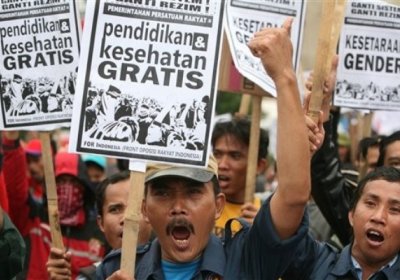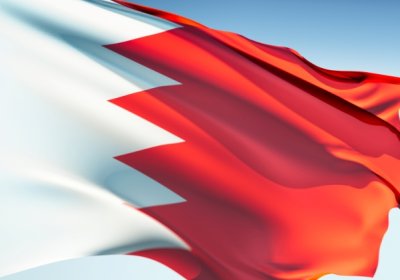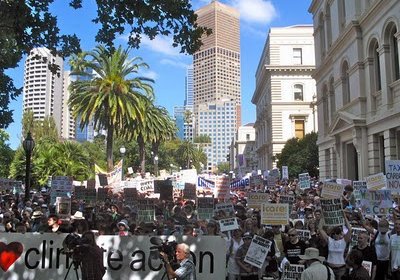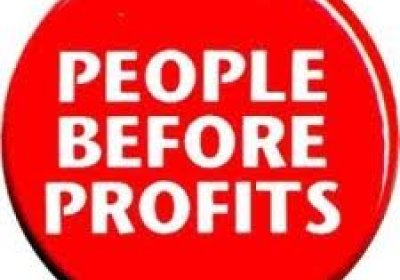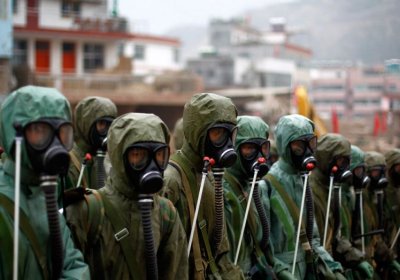Progressive Indonesian website Berdikari Online said in a March 14 editorial that the recent US diplomatic cables published by WikiLeaks exposing the corruption of the Indonesian government confirmed what most Indonesians already knew.
However, it said the leaks have further delegitimised the government of President Susilo Bambang Yudhoyono.
In his two terms of government, the editorial said, Yudhoyono has imposed neoliberal policies and acted as a puppet of US imperialism.
873
Pip Hinman, the Socialist Alliance candidate for the NSW seat of Marrickville, spoke at a March 14 election forum at St Peters Town Hall organised by Climate Action Newtown and Sydney Residents Against Coal Seam Gas.
Hinman’s responses to the three questions put to her at the meeting appear below.
* * *
Will your party commit to not building any more coal or gas fired power stations in NSW?
I’ve never really bought the idea that 17-year-old Canadian-born pop star Justin Bieber is just some harmless, happy-go-lucky teen heart-throb. Anyone who saw the near-riot he inspired in Liverpool can attest to this.
His most recent comments about abortion in an interview published by Rolling Stone on February 16, however, crosses a whole new line.
“I really don’t believe in abortion,” Bieber told the music magazine. “It's like killing a baby?”
About 100 protesters gathered in Brisbane Square on March 18 to protest the repression of pro-democracy protesters in the Gulf nation of Bahrain.
Rallygoers chanted “Freedom for Bahrain! Stop the Saudi Arabian invasion.
Yunes Ali, a representative of the Bahraini community in Brisbane, welcomed the support from all who attended the rally, and declared that the democracy movement in Bahrain could not be divided into religious categories. “No Shiites, no Sunnis. Only Bahrain,” he said.
The argument for a carbon tax in Australia boils down to two key points. The first is that a carbon tax puts a price on pollution. Pollution has been officially free for industry up until now.
“Pakistan has demanded an apology and explanation from the United States over a drone strike in a tribal region, which officials said killed 35 people,” ABC.net.au said on March 18.
It said it was the seventh US drone strike in nine days. The article said it was the most lethal drone strike North Waziristan region since the US military escalated its bombing of Pakistani areas near the Afghan border in 2008.
A Pakistani foreign ministry spokesperson Tehmina Janjua said: “The government of Pakistan strongly condemns the drone strike which has resulted in a large number of casualties …
Parramatta Climate Action Network hosted a presentation by Beyond Zero Emissions (BZE) at Parramatta Town Hall on March 14. About 30 people attended the forum.
The presentation summarised the “Zero Carbon Australia 2020” stationary energy report, which details how Australia can transition to 100% renewable energy by 2020.
In contrast to Australia, which has excellent renewable resources but is dominated by fossil fuel energy, Spain already has several large-scale solar thermal energy plants that provide baseload power.
It was ironic, but only supporters of Palestine were clapping after a majority of Marrickville councillors decided on March 15 in favour of hiring a venue to a newly-formed local Jewish group that is hosting an Australian Rules Peace Team with connections to Israel.
Independent councillor Victor Macri, who had put the motion, did not look at all happy.
The Socialist Alliance and the Communist Party of Australia have released the following joint statement of left organisations and individuals about the March 26 NSW elections.
* * *
The NSW Labor Party is facing a trouncing in the March 26 elections because of the problems that have arisen from the ALP’s corporate profits-first, "economic rationalist" agenda.
In the process, it has carried out a privatisation spree, most recently selling off our state's retail electricity assets for next to nothing.
How have Australian scientists handled the difficult task of keeping us informed about the unfolding nuclear disaster in Japan? Only a few Australian scientists have featured repeatedly in the media.
Six activists arrested in Harare, along with 39 others, were finally granted bail on March 16 after a month in jail. The activists were arrested for attending a video screening of footage from the people’s uprisings in Egypt and Tunisia.
However, the six need to raise US$12,000 to pay their bail — far more than they can afford. An appeal is being launched internationally to raise the funds needed to pay the activists’ bail (see below for details).
The bail conditions require the six to surrender passports and travelling documents. They must report three times a week to the police.
After waiting many months for a decision regarding their visas, several asylum seekers held on Christmas Island received rejection letters on March 16 from the Department of Immigration and Citizenship.
In the early hours of the next day, between 50 and 150 asylum seekers broke through iron gates and escaped the detention centre. Though the private Serco guards immediately tried to catch the escaped detainees, they were largely unsuccessful.
- Previous page
- Page 2
- Next page
